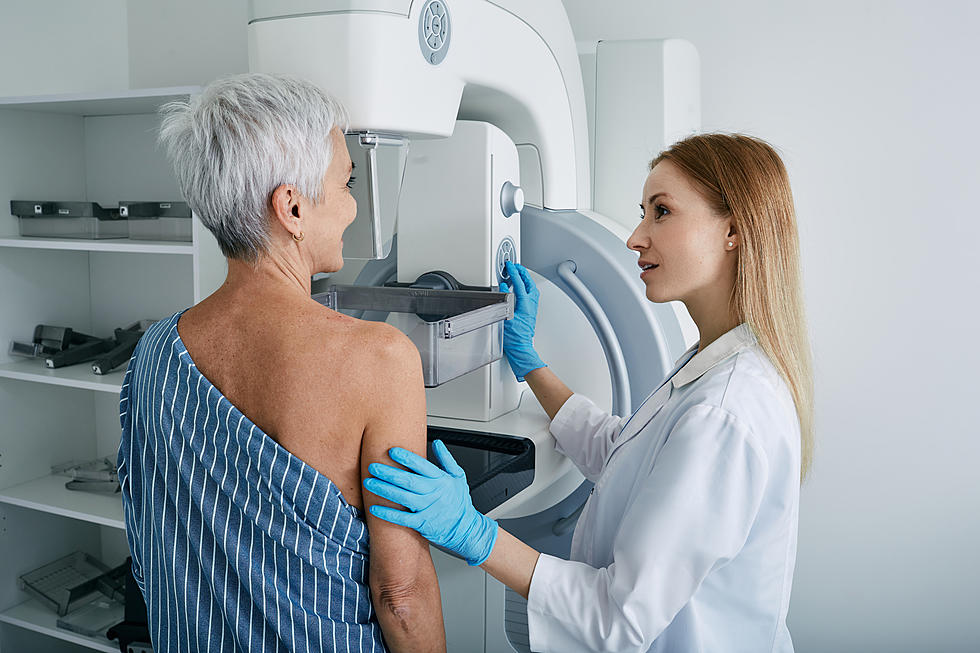
When Should You Start Getting a Mammogram? Experts Say at 40
Most women should start mammogram screening for breast cancer at age 40. Frequent screening enables early detection which can save lives. If you're at high risk for breast cancer, your doctor may recommend you begin screening even earlier.
Get Your Mammogram Starting at Age 40
The U.S. Preventive Services Task Force has revised its recommendations on mammogram screenings, suggesting that women should undergo screenings every other year, starting at age 40, rather than waiting until age 50 as previously advised. This update aligns with the expert groups like the National Comprehensive Cancer Network, American Society of Breast Surgeons, American College of Obstetricians and Gynecologists, Society of Breast Imaging and American College of Radiology; however, these groups recommend annual screening, as opposed to biannual.
The Significance of Early Detection
Breast cancer is the most common cancer among women in the United States, and it ranks as the second leading cause of cancer-related deaths. Detecting breast cancer at an early stage is crucial as it opens up a wider range of treatment options.
“While this is a new recommendation from USPSTF, we have always recommended to our patients with average-risk that they begin mammogram screenings at age 40,” shares Harriet Borofsky, M.D., medical director of breast imaging at Bayshore Medical Center and Riverview Medical Center. “This recommendation is not intended to cause fear but to provide protection. Statistics show that 20% of breast cancer cases occur in women in their 40s – early detection means more options for treatment.”
Life-Saving Benefits of Early Detection
Mammograms are a vital tool in identifying breast abnormalities and detecting breast cancer at its earliest stages. Here’s why you should prioritize regular mammograms:
1) The earlier you catch it, the better your chances of survival.
"Catching the disease at an earlier stage increases the chances of successful treatment," says Dr. Barofsky. “By identifying breast cancer in its early stages, more treatment options are available, and there’s a lower likelihood that the cancer has spread.”
2) Mammograms help determine your risk and future screening schedule.
Mammograms help identify abnormalities and risk factors associated with breast cancer. High-risk individuals, such as those with a family history, genetic mutations, or previous abnormal findings, may require additional screenings and screening types, as well as preventive measures.
3) Dense breasts are common, mammograms help determine if what you’re feeling is of concern.
Mammograms are essential in helping to detect breast cancer in women with dense breasts, but it can also reveal if additional testing is necessary. Supplemental screening exams include ultrasound, MRI and contrast enhanced mammography.
4) They help you secure your peace of mind.
“You are young, you have a great deal of life ahead of you; don’t let breast cancer get in the way of that,” says Dr. Barofksy. “Unfortunately, cases of breast cancer for women in their 40s tend to be more aggressive, so catching it early on is so critical. Take advantage of screening and secure your peace of mind.”
Next Steps & Resources:
- Meet our source: Harriet Borofsky, M.D.
- To make an appointment with Dr. Borofsky or a breast cancer specialist near you, call 800-822-8905 or visit our website.
- Schedule a breast cancer screening near you.
- CDC - What are the Risk Factors for Breast Cancer?
Additional Resources:
- Housecall: What Your Doctor Wants You to Know About THC Gummies and Edibles (Podcast)
- What Happens During a Mammogram?
- Nutrition Label Red Flags: Avoiding Toxic Additives & Chemicals
- Screen Time & Developmental Delays: How Much TV is Okay?
- How to Talk to a Loved One with a Suspected Substance Use Issue
- Recipe: Edamame and Black Bean Salad



